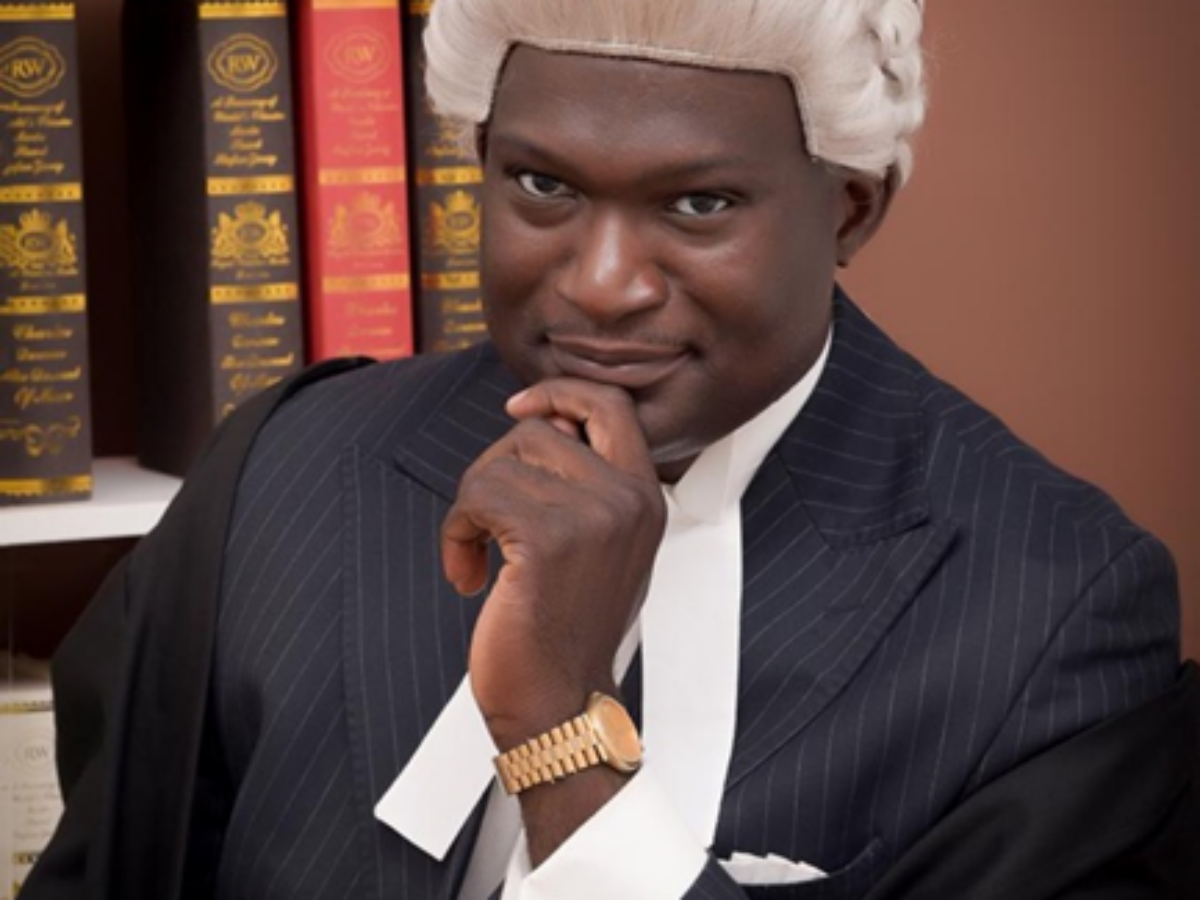A few years ago, following a series of reckless borrowing and wasteful expenditures, Ghana embarked on its 17th journey to the corner of 19th Street and Pennsylvania Avenue, Washington, D.C.—home to the IMF headquarters. With a begging bowl in hand, Ghana sought a $3 billion bailout. Ironically, our motherland hemorrhages approximately the same amount ($3 billion) annually to corruption, according to statistics from Transparency International and the Ghana Integrity Initiative. Operation Recover All Loot (ORAL) estimates that over $20 billion has been lost to corruption in recent times.
A key factor in the overwhelming and decisive mandate given to His Excellency John Dramani Mahama in the 2024 presidential election is the people’s call for accountability in governance. Ghanaians want to see looted funds recovered through due process. It is, therefore, reassuring to note the President’s recent call for specialized and expedited courts to hear corruption cases. This paper advocates for expedited trials of corruption, financial, and economic crimes.
Does Ghana Have a Court Like This?
Yes, Ghana has a Financial and Economic Crime Court—a specialized division of the High Court established to adjudicate cases involving financial and economic offenses. Its primary mandate includes handling high-profile corruption cases and other economic crimes. The court operates within the Law Court Complex in Accra under the General Jurisdiction Registry.
However, the “Opuni Case” — the trial of the former COCOBOD CEO for alleged acts of corruption — was heard under Land Court 2, a division of the High Court, rather than the Financial and Economic Crime Court.
Thus, while Ghana does have a specialized court for financial and economic crimes, for such courts to achieve their intended objectives, they must be backed by a purposeful strategy and strong political commitment.
Justification for Expedited Corruption Trials
Ghana’s Supreme Court prioritizes the hearing of presidential election petitions, sitting almost daily to adjudicate such cases due to their national importance.
Analogously, for a debt-ridden country like Ghana—with a public debt stock of GHS726 billion as of December 2024 and an annual revenue generation of approximately GHS153 billion for the year 2024 by Ghana Revenue Authority (GRA) —corruption, which costs the nation nearly GHS50 billion (roughly $3 billion), or about one-third of the revenue collected annually, should be treated with equal urgency. The use of specialized courts to expedite corruption trials would be a practical and necessary step toward economic recovery.
There are 27 anti- corruption courts across Africa, Asia, and Eastern Europe. Uganda, for instance, established an Anti-Corruption Court in 2009, significantly improving the speed and efficiency of corruption trials. Indonesia’s Anti-Corruption Court has also seen relative success. Similarly, Ghana can use specialized courts to transform its fight against corruption.
How Should the Court Function?
1. Clear Focus – The court’s primary focus should be adjudicating corruption-related offenses in an expedited manner. Corruption cases should not compete for time with other cases; they must be given clear priority in both the trial courts and appellate courts.
2. Daily Hearings – Cases should be heard daily, where possible, to ensure swift justice.
3. Televised Hearings – Where necessary, trials or cross-examinations should be televised to promote transparency and public trust. Sunlight is the best disinfectant.
How to Achieve These Goals
1. Human Resources
For the court to be effective, it must have strong, independent judges appointed based on merit, not political affiliation. Judges, prosecutors, and investigators with expertise in financial and economic crimes should be appointed.
Additionally, the court must be supported by forensic accountants, IT experts, and modern technology. Judges should not be arbitrarily transferred while handling sensitive corruption cases, nor should promotions be used as rewards to achieve desired outcomes; instead they should be granted judicial independence, as prescribed by the 1992 Constitution.
To prevent unnecessary delays, the court should follow civil procedure rules with necessary adaptations to ensure speedy trials and avoid tactics that benefit corrupt officials.
2. Transparency
The Attorney General’s office should provide regular public reports on ongoing cases and their outcomes. Additionally, whistleblowers must be protected, and financial incentives offered to encourage individuals to report corruption-related cases.
Benefits of an Anti-Corruption Court
A. Swift Case Resolution – Expedited trials will ensure corrupt officials are prosecuted and punished in a timely manner.
B. Looted Funds Recovery – The government can retrieve stolen state funds and reinvest them in national development.
C. Deterrence – Knowing that corruption trials will be fast and effective will deter potential offenders.
D. Quicker Vindication – For the wrongly accused, an expedited trial will mean faster vindication.
E. Increased Revenue Collection – Enhanced tax compliance and a reduction in politically awarded tax waivers to cronies.
F. Profitability of State-Owned Enterprises – Effective management of state resources will result.
Challenges
I. Political Interference – Politicians, fearing they could become victims of this court, may attempt to stifle its function or interfere with its work.
II. Judicial and Executive Cooperation – The success of this court requires strong leadership and the cooperation of both the Judiciary and the Executive.
III. Existing Institutions Lack Efficiency – Ghana already has the Economic and Organised Crime office (EOCO), Commission on Human Rights and Administrative Justice (CHRAJ), Office of the Special Prosecutor (OSP), National Intelligence Bureau (NIB), and the Attorney General’s Department; yet without an expedited, focused, and well-resourced system for trials, cases will suffer significant delays, and the fight against corruption will be lost.
A well-structured Anti-Corruption Court can significantly reduce corruption, restore public trust, and promote good governance in Ghana. However, achieving this requires strong political commitment, independent Judiciary, and public support. With a clear strategy, dedicated resources, and transparency, Ghana can turn the tide in the fight against corruption.
Nii Kwartei Kojo Owoo, Esq
B.A. (Econs), LL. B (Lond), LL.M./ LPC (Wales), B.L.(Ghana)
Managing Partner, Africa Law Focus


